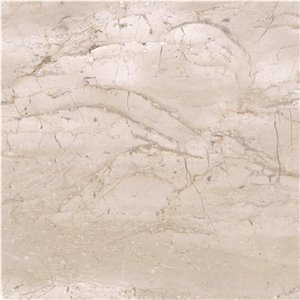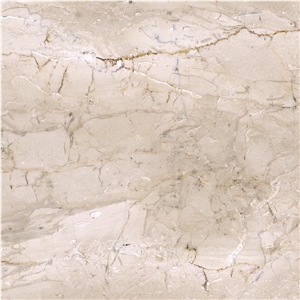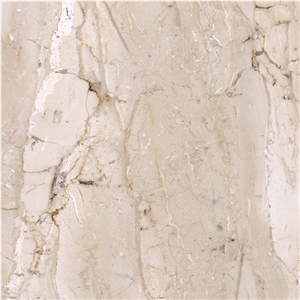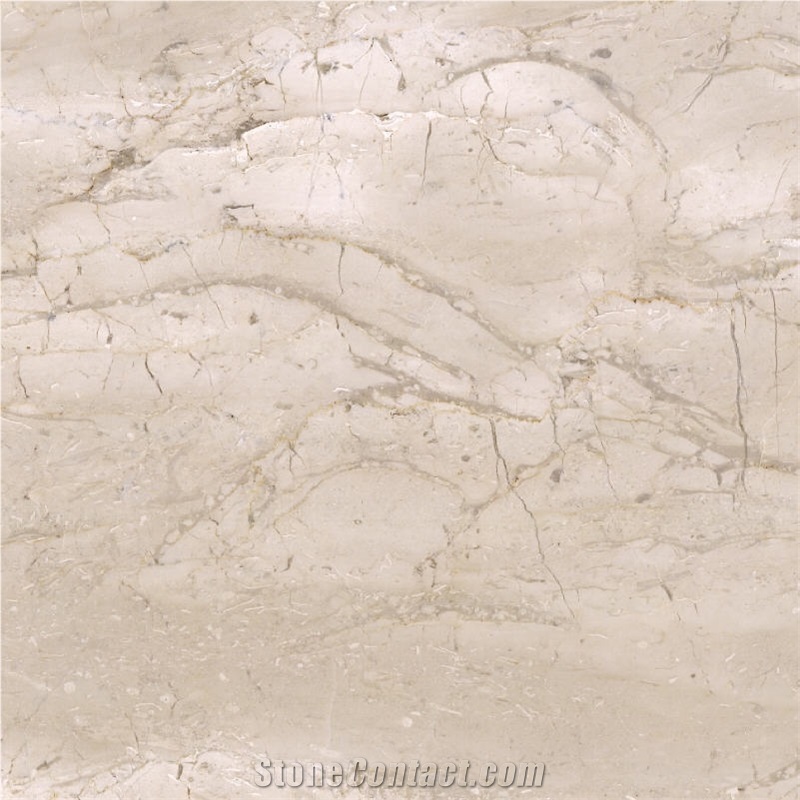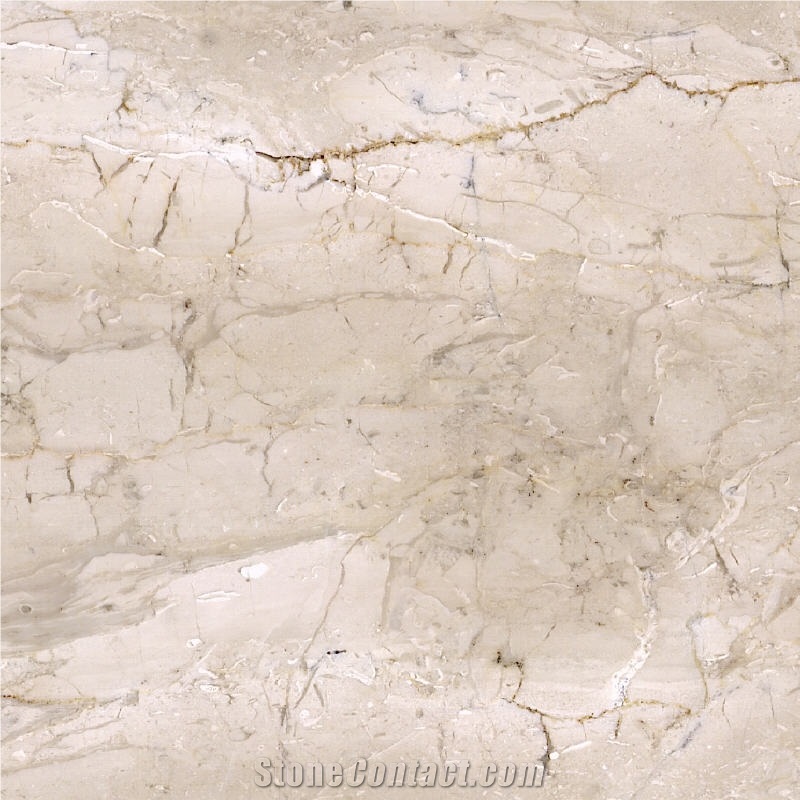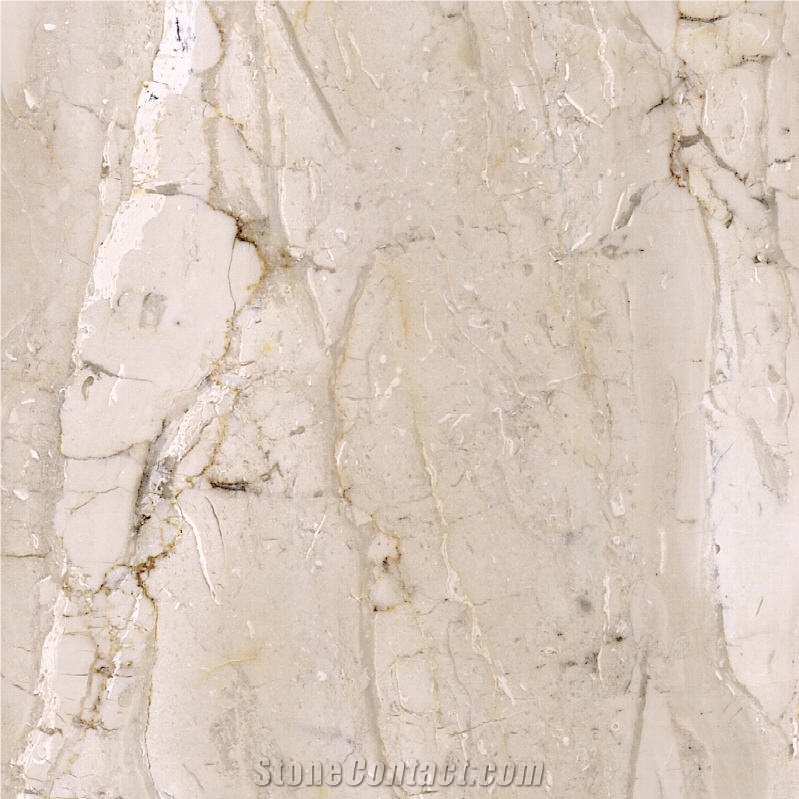Omani Beige Marble
 Oman
(Sohar, northern region of the Sultanate of Oman)
Oman
(Sohar, northern region of the Sultanate of Oman)
Omani Beige is a kind of beige marble quarried in Oman. This stone is especially good for Exterior - Interior wall and floor applications, monuments, countertops, mosaic, fountains, pool and wall capping, stairs, window sills, etc and other design projects. It also called Omani Light Beige Marble,Oman Cream Marble,Omani Cream Beige Marble,Sohar Beige Marble,Victoria Beige Marble,Omani Marfil Marble,Oman Beige Marble,in China stone market:阿曼米黄(āmàn mǐhuáng),小阿曼(Xiǎo āmàn) . Omani Beige Marble can be processed into Polished, Sawn Cut, Sanded, Rockfaced, Sandblasted, Tumbled and so on.

Why not to use Omani Beige Marble in shower?

Can Omani Beige Marble be used as terrace pavers?

Are there color variations of Omani Beige Marble?

Is Omani Beige Marble an expensive stone?

How thick is a Omani Beige Marble swimming pool coping?

What grade is Omani Beige Marble?

Which is better for kitchen Omani Beige Marble or quartz?

Why is Omani Beige Marble used for window sills?

Can Omani Beige Marble be used outdoors?

Can Omani Beige Marble be used in a office?

Is Omani Beige Marble good for stairs?

Can Omani Beige Marble be used in landscaping?

Why not to use Omani Beige Marble for kitchen countertops?

What is the coefficient of friction of Acid Washed Finish Omani Beige Marble tiles?

Are Omani Beige Marble tiles waterproof?

What is the average density of Omani Beige Marble?

Is Omani Beige Marble good quality?

Is travertine better than Omani Beige Marble around pools?

Is Omani Beige Marble tile too slippery for a bathroom?

How thick should a Omani Beige Marble backsplash be?

Does chlorine damage Omani Beige Marble?

Are Omani Beige Marble window sills good?

Does Omani Beige Marble go with subway tile?

Is Omani Beige Marble good for swimming pool coping?

What happens to Omani Beige Marble when it gets wet?

Can Omani Beige Marble be used in a swimming pool?

What is the standard thickness of Omani Beige Marble window sill?

Does Omani Beige Marble leave water spots?

Is polished Omani Beige Marble slippery around a pool deck?

What is the standard width of a Omani Beige Marble window sill?

How do I clean Omani Beige Marble outdoor stairs?

What is the minimum height for a landing Omani Beige Marble balustrade?

How thick is Omani Beige Marble slabs?

Can Omani Beige Marble be used exterior applications in very rainy climates?

Is Omani Beige Marble good for bathroom tile?
-

 China
China
 15YRDiamond members are premium members on platform, providing members with comprehensive approach to promoting their products, increasing products exposure and investment return to maximize.
15YRDiamond members are premium members on platform, providing members with comprehensive approach to promoting their products, increasing products exposure and investment return to maximize.
 Verified Supplier is for prove company authenticity,including business license,trade license and effective office space,to enhance buyers' trust to suppliers and their products, reducing communication costs.
Verified Supplier is for prove company authenticity,including business license,trade license and effective office space,to enhance buyers' trust to suppliers and their products, reducing communication costs.
Contact Supplier
-

Shenzhen Leeste Industry Co., Ltd
 China
China
 12YRDiamond members are premium members on platform, providing members with comprehensive approach to promoting their products, increasing products exposure and investment return to maximize.
12YRDiamond members are premium members on platform, providing members with comprehensive approach to promoting their products, increasing products exposure and investment return to maximize.
 Verified Supplier is for prove company authenticity,including business license,trade license and effective office space,to enhance buyers' trust to suppliers and their products, reducing communication costs.
Verified Supplier is for prove company authenticity,including business license,trade license and effective office space,to enhance buyers' trust to suppliers and their products, reducing communication costs.
Contact Supplier
-

XIAMEN REFINESTONE INDUSTRIAL CO.,LTD.
 China
China
 14YRDiamond members are premium members on platform, providing members with comprehensive approach to promoting their products, increasing products exposure and investment return to maximize.
14YRDiamond members are premium members on platform, providing members with comprehensive approach to promoting their products, increasing products exposure and investment return to maximize.
 Verified Supplier is for prove company authenticity,including business license,trade license and effective office space,to enhance buyers' trust to suppliers and their products, reducing communication costs.
Verified Supplier is for prove company authenticity,including business license,trade license and effective office space,to enhance buyers' trust to suppliers and their products, reducing communication costs.
Contact Supplier
-

 Oman
Oman
 Verified Supplier is for prove company authenticity,including business license,trade license and effective office space,to enhance buyers' trust to suppliers and their products, reducing communication costs.
Verified Supplier is for prove company authenticity,including business license,trade license and effective office space,to enhance buyers' trust to suppliers and their products, reducing communication costs.
Contact Supplier
-

Xiamen Landiview Stone Co. Ltd.
 China
China
 8YRDiamond members are premium members on platform, providing members with comprehensive approach to promoting their products, increasing products exposure and investment return to maximize.
8YRDiamond members are premium members on platform, providing members with comprehensive approach to promoting their products, increasing products exposure and investment return to maximize.
 Verified Supplier is for prove company authenticity,including business license,trade license and effective office space,to enhance buyers' trust to suppliers and their products, reducing communication costs.
Verified Supplier is for prove company authenticity,including business license,trade license and effective office space,to enhance buyers' trust to suppliers and their products, reducing communication costs.
Contact Supplier
-

 Oman
Oman
 Verified Supplier is for prove company authenticity,including business license,trade license and effective office space,to enhance buyers' trust to suppliers and their products, reducing communication costs.
Verified Supplier is for prove company authenticity,including business license,trade license and effective office space,to enhance buyers' trust to suppliers and their products, reducing communication costs.
Contact Supplier
-

Al Milad General Trading Company LLC
 United Arab Emirates
United Arab Emirates
 Verified Supplier is for prove company authenticity,including business license,trade license and effective office space,to enhance buyers' trust to suppliers and their products, reducing communication costs.
Verified Supplier is for prove company authenticity,including business license,trade license and effective office space,to enhance buyers' trust to suppliers and their products, reducing communication costs.
Contact Supplier
-

 Oman
Oman
 Verified Supplier is for prove company authenticity,including business license,trade license and effective office space,to enhance buyers' trust to suppliers and their products, reducing communication costs.
Verified Supplier is for prove company authenticity,including business license,trade license and effective office space,to enhance buyers' trust to suppliers and their products, reducing communication costs.
Contact Supplier
-

-

The request includes: 1. surface finished, size 2. quantity required






